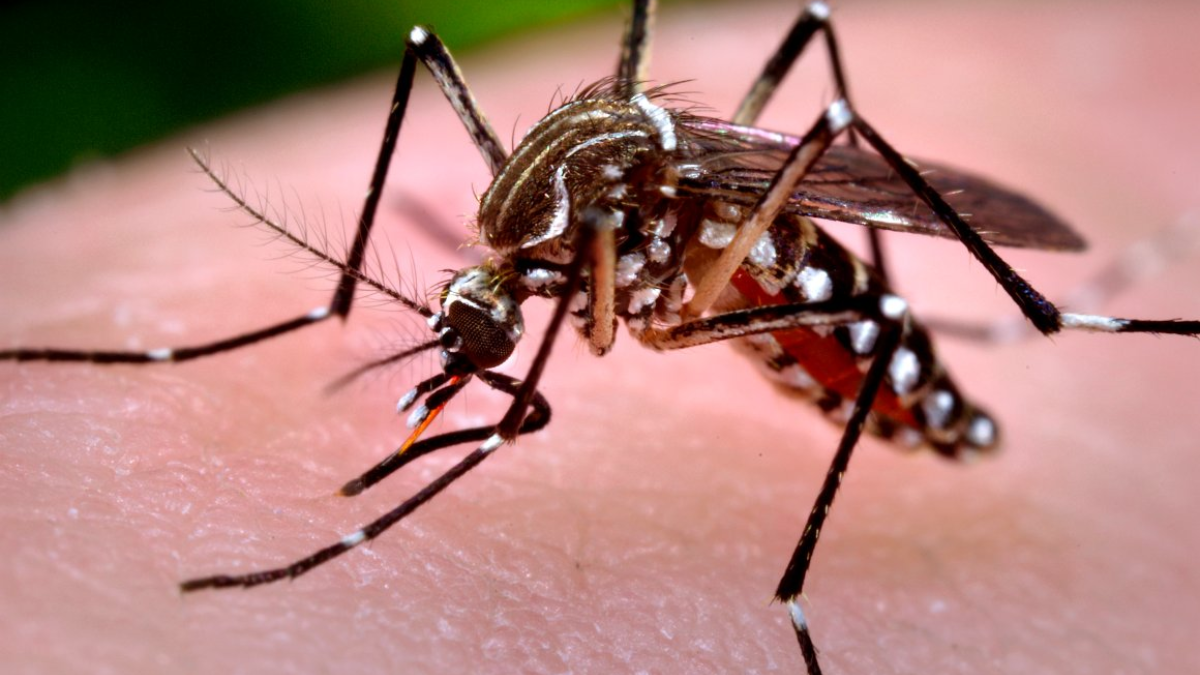
The World Health Organization has classified Zika as a “Public Health Emergency of International Concern.” The governor of Florida has followed suit declaring a State of Emergency in four counties. As doctors are racing to stop this rapidly spreading virus, Arizona State University’s Andrew MaynardAndrew Maynard is a professor in the School for the Future of Innovation in Society at Arizona State University, and Director of the Risk Innovation Lab — a unique center focused on transforming how we think about and act on risk, in the pursuit of increasing and maintaining “value." (pictured left) has some ideas about how Zika could be eradicated.
Question: How would genetically engineered mosquitoes help in the case of Zika?
Answer: The key is a genetic kill switch programmed into the insects which is inherited by the mosquitoes' offspring. When genetically modified male mosquitoes are released, they breed with wild females and pass on the modification before dying, which guarantees that a large portion of the next generation of kill switch-enabled wild mosquitoes will die before reaching maturity.
Q: How could scientists develop vaccines rapidly enough to stave off the Zika virus?
A: Traditionally, vaccine development is a long and arduous process. However, now researchers are investigating how to digitize viral DNA and RNA sequences, and use them to quickly design and produce new vaccines that activate the immune system the same way the virus does, but without causing infection.
Q: What are gene drives and how would they help eradicate this virus?
A: It’s an ingenious biological hack that draws heavily from computer coding. Gene drives use a “search and replace” technique that allows scientists to find and switch out specific DNA sequences. The modification would be passed down through subsequent generations of mosquitoes, until all that remained was a human-designed species that is unable to host the Zika virus.
Q: Headlines today indicate that Zika could be sexually-transmitted given a rare case that was identified in the U.S. How does that factor into your ideas for eradication?
A: We need to know more about this potential route of exposure, but the more we can do to stop the infection at source, or to vaccinate people against it, the better people will be protected — however they become exposed.
For more on Maynard’s analysis on how to annihilate Zika, read his recent article for The Conversation here.
More Health and medicine

Bird flu: Your questions on symptoms, spread and safety answered
Bird flu is no longer only “for the birds.”Infections have expanded beyond wild birds and poultry to a range of animals — from mice to mountain lions, dairy cows to domestic cats, and polar bears to…

Making medicine side-effect free
Many drugs that address medical conditions can come with serious side effects. In drug commercials, the litany of potential side effects is often longer than the benefits being touted. Carl…

Diagnostic research happening at ASU focused on detecting diseases earlier to save lives
It was one of America’s founding fathers, Benjamin Franklin, who may have foreshadowed today’s health care innovation when he quipped the adage: An ounce of prevention is worth a pound of cure.In…


